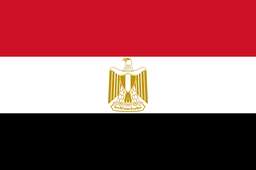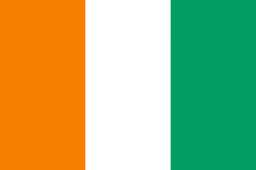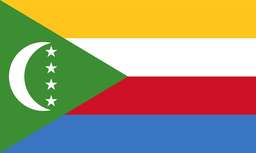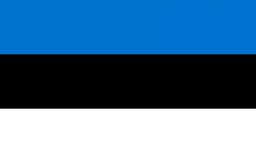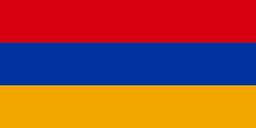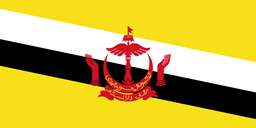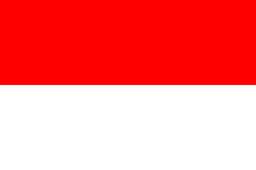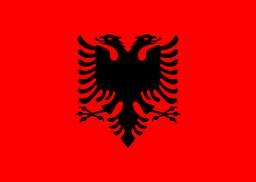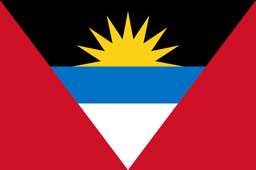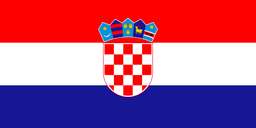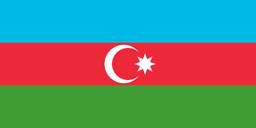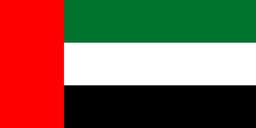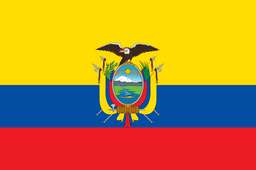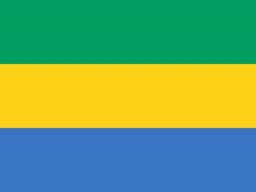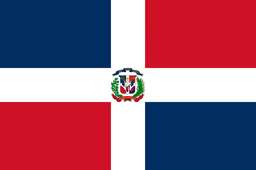Even if Equatorial Guinea is a small country, its past is as colourful and distinctive as its natural surroundings. From ancient beginnings through colonial dominance to its present political scene, the nation's history provides interesting insights for everyone ready to study as well as for history buffs.
Toponymy
Equatorial Guinea gets its name from its almost-equatorial location. Europeans used this name historically to describe the African area south of the Sahara Desert.
Prehistory
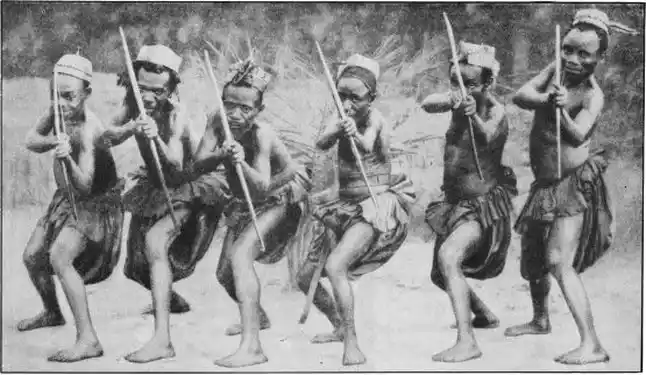
Pygmies and subsequent Bantu-speaking people called the region Equatorial Guinea before recorded history. These early residents laid the cultural and linguistic basis for the next generations by depending on agriculture, hunting, and fishing.
First European Contact and Portuguese Rule (1472–1778)
Portuguese colonists arrived at the islands of Bioko and Annobón, starting European contact in 1472. Claiming these islands, the Portuguese explorers included them in their expanding maritime control. But because of its difficult terrain and thick forest, they mainly ignored the territory on the mainland (today Río Muni).
Early Lease to Britain under Spanish Rule (1778–1844)
Control of the islands of Bioko and Annobón passed to Spain in 1778 by the Treaty of El Pardo. Spain leased Bioko to Britain in the 1800s since its presence was hardly significant for several decades. The British utilised the area as a base during this period to work toward eradicating the transatlantic slave trade. Spain eventually reclaimed complete rule of the territory in 1844.
Late 19th Century (1844–1900)
Spain began displaying more control over its colonies in the late 1800s. The early roots of Spanish administrative control and the growth of plantations on Bioko, where workers—often hired laborers—grew crops as cocoa emerged at this time. But poor infrastructure and strong community opposition to Spain's rule over Río Muni kept her hold fragile.
Early 20th Century (1900–1945)
Around the turn of the century, Spain grew more in charge of the islands as well as the continent. Large-scale farms thrived during this period and drove the colony's economy. Still, the local inhabitants suffered greatly as agricultural output made use of forced labour. World War II also produced disturbances that affected trade and the colony's economy.
Final Years of Spanish Rule (1945–1968)
International pressure starting after World War II pushed colonial powers to award their regions freedom. Equatorial Guinea's population was given Spanish citizenship when it became an autonomous province of Spain in 1959. But expanding nationalism movements among Equatoguineans raised the demand for total independence, which was finally attained on October 12, 1968.
Independence under Macías (1968–1979)
Arriving to be the first president of the country upon independence, Francisco Macías Nguema. Soon, his rule turned into a dictatorship marked by financial mismanagement, repression, and massive abuses of human rights. Often referred to as "The Rule of Terror, Macías' government saw the nation's economy collapse, and many people escaped into exile.
Obiang (1979–present)
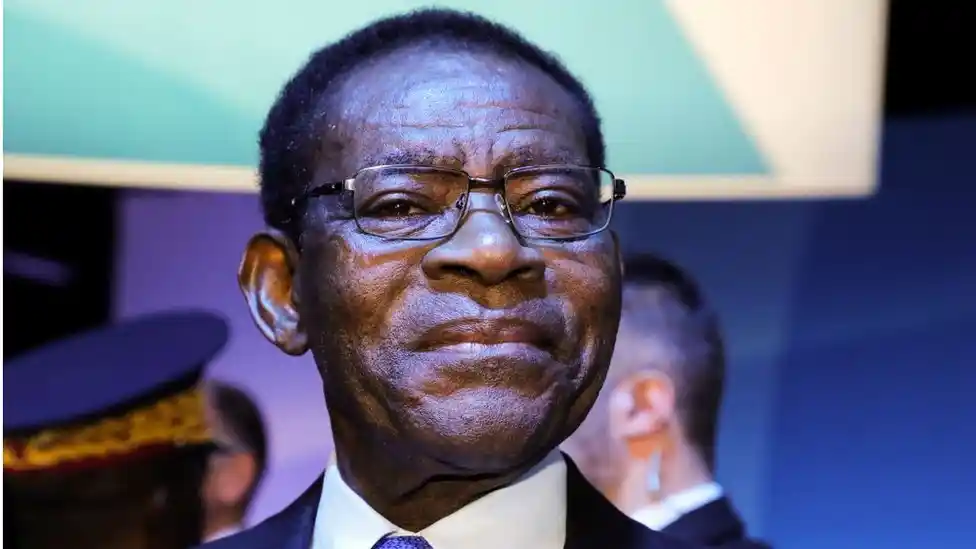
Under the cover of a coup d'état headed by his nephew, Teodoro Obiang Nguema Mbasogo, Macías was ousted in 1979. Obiang promised political changes, and some stability came back to the nation. His presidency has been attacked, however, for autocratic tendencies. Equatorial Guinea became one of the richest countries in Africa per capita when oil was discovered in the 1990s, yet most of the riches still reside with the elite.
Government and Politics
Equatorial Guinea boasts a highly centralised political structure whereby President Obiang and his close associates hold all the authority. Elections are generally seen as uncompetitive despite modest democratic structures.
Armed Forces
The army, navy, and air force combined constitute the national armed forces. Their key roles have been upholding internal security and presidential allegiance. Military involvement in several reported abuses of human rights and several attempted coups has been observed recently.
Geography
Apart from a continental area (Río Muni), Equatorial Guinea comprises various islands, notably Bioko and Annobón. Among the smallest nations in Africa, its entire area is little over 28,000 square kilometres. Though occasional volcanic activity on the islands, the topography is essentially mountainous and forested.
Climate
The nation has a tropical climate with year-round high humidity and lots of rain. The elevation and coastal location of the islands of Bioko and Annobón cause rather lower temperatures. November through March is the dry season; April through October is the wet season.
Ecology
Equatorial Guinea features lovely jungles, mangroves, and many beaches. This is a required component of the natural network of the Congo Basin, given the great biodiversity in its surroundings. Still, illegal animal trade and deforestation seriously damage the nation's ecosystem.
Biodiversity
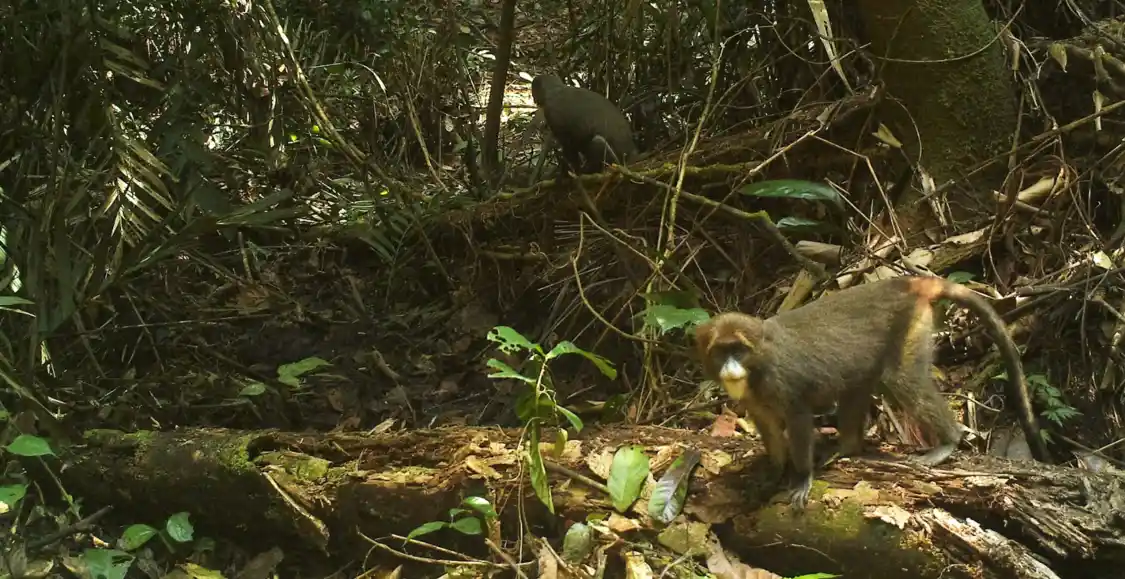
Unique biodiversity, including gorillas, forest elephants, and uncommon bird species, calls the nation's woods home. Industrial activity and deforestation pose difficulties for conservation initiatives. Though the nation boasts a modest fishing sector, pollution and overfishing have affected marine life.
Economy
Finding oil has put Equatorial Guinea among the richest nations in sub-Saharan Africa per inhabitant. Still, there is a somewhat significant income gap. Other businesses boost the local economy, including agriculture and forestry.
Transportation
Though ports, highways, and airports have improved recently, the country generally has inadequate infrastructure. Public transit is still developing. Though smaller airports serve various areas, Malabo is the primary airport.
Demographics
There are probably 1.6 million people living in Equatorial Guinea. While the Bubi are the major group on Bioko Island, most belong to the Fang ethnic group. Among many ethnic groups are the Annobonese, Ndowe, and Fernandinos; Spanish is the official language; several indigenous languages are also spoken.
Languages
The official languages are French and Portuguese. Officially, the language is Spanish, the most often spoken one as well. Additionally, extensively utilized are local languages such as Fang and Bubi. English is not used very often.
Religion
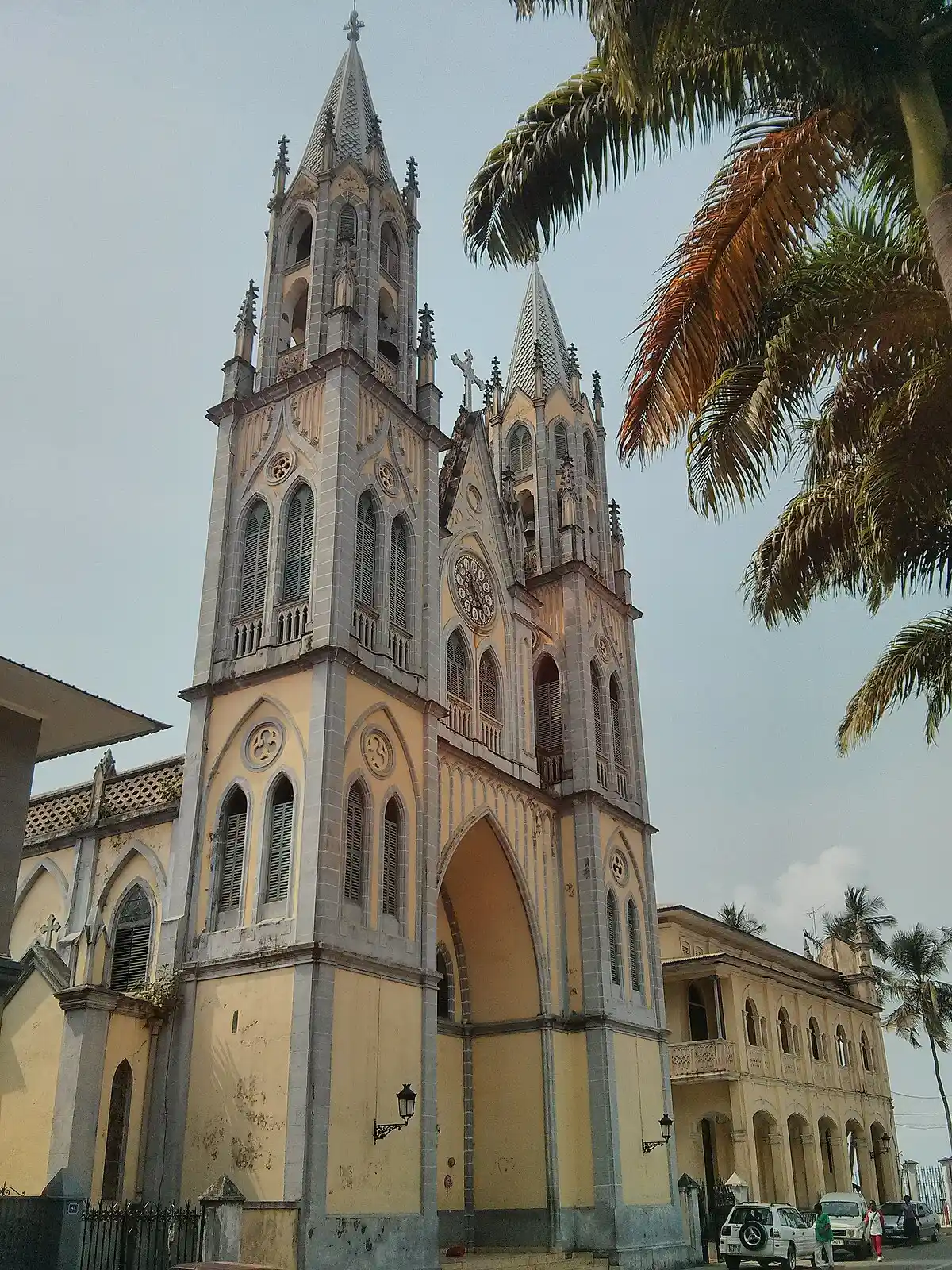
There are also indigenous spiritual traditions, frequently combined with Christian ideas. The primary religion of Equatorial Guinea is Christianity, mostly Roman Catholicism. The nation boasts a tiny Muslim minority.
Health
Among the difficulties the healthcare system encounters are few facilities and a high frequency of malaria and other diseases. Still, there have been developments recently. One should expect to live 60 years of life.
Education
Although children must attend school, access to high-quality education is not uniform. Over time, literacy rates have risen in line with developments in educational projects. Though they are largely found in the capital city, the nation boasts various universities and technical institutes.
Culture
The energetic culture of Equatorial Guinea combines Spanish and African elements. The identity of the country still depends critically on traditional music, dance, and narrative. The nation also boasts an expanding artistic sector with many of its creators internationally known.
Tourism
Equatorial Guinea's natural settings, wildlife, and cultural legacy draw tourists, therefore fostering a developing tourism sector. But political unrest and poverty in the nation make it difficult to encourage sustainable travel.
Media and communications
Most media sources in the nation are under official control; independent or critical news is not easily available. Although the use of the internet and cell phones has grown recently, access is still restricted outside major cities. Online services and overseas calls are costly.
Music
Equatorial Guinea's culture revolves around music; both traditional and contemporary forms are honoured there. Typical instruments in traditional music are drums, maracas, and the balafon—a sort of xylophone. Popular modern musical forms in the nation are reggae, makossa, and zouk. Globally well-known musicians like Juan Ondó, a well-known singer-songwriter noted for blending African and Caribbean sounds, have found success.
Cuisine
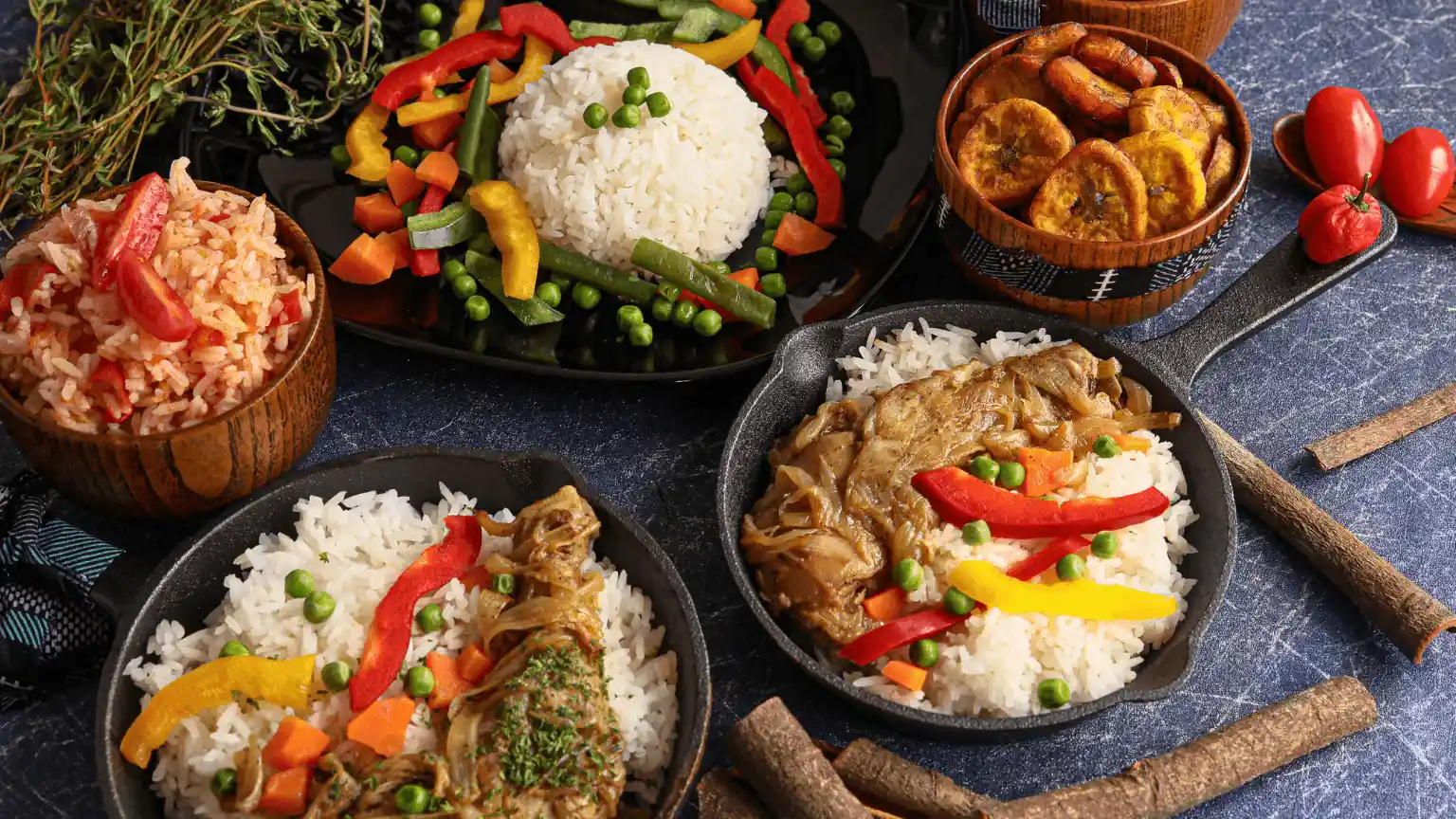
African and Spanish elements abound in Equatorial Guinean cuisine. Among the basics are fish, rice, cassava, and plantains. Among the most often used dishes are ndole, a stew with peanuts, pork, and bitter leaf greens, and bofeko, a fish dinner presented in a hot tomato sauce. Also much loved are traditional beverages, including suka coco, coconut water with spices, and malamba, or palace wine.
Sports
The most often played sports are soccer, basketball, and athletics, which are also rather popular. On a continental level, the national soccer team has become somewhat well-known. Still, a lack of infrastructure and funding has hampered sports' growth in the nation. Projects aiming at enhancing facilities and supporting sports at all levels are in progress.




